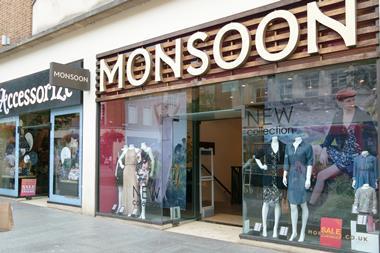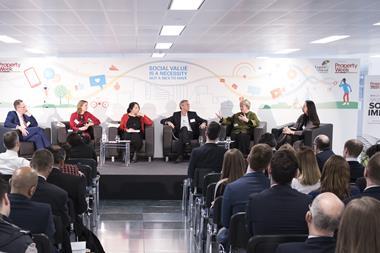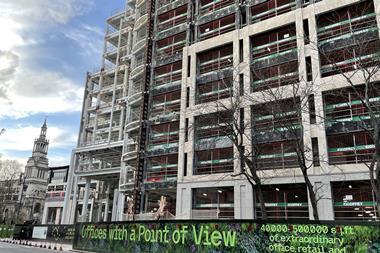It feels as though there’s a bit of a cosmic balancing act – or maybe it’s just a good old battle between good and evil – going on at the moment.

On the one hand, there is the ongoing misery of Brexit and the Tory leadership contest (could there be two less worthy con… sorry, candidates?); the global political tensions being casually stoked by Trump; and the seemingly relentless slew of high street CVAs (Monsoon joining the throng last week).
On the other, while there is little to counter the grim political situation, there has been a huge groundswell of support for action on: climate change (courtesy of Greta Thunberg and the Extinction Rebellion); diversity and the gender pay gap; mixed-use and community-focused development; and wellbeing and well buildings.
Another upside to the many downsides of the world we find ourselves in is that we seem to have reached an inflection point when it comes to social impact. When I chaired a spotlight debate for LGIM Real Assets on the subject in February, it is fair to say that there was an element of awareness-raising involved. Just a few months on, you cannot move for people talking about social impact. It has become the buzz phrase du jour – and people really do seem to be walking the walk as well as talking the talk.
Take Basil Demeroutis, managing partner of developer FORE Partnership. Under a concept he describes as ‘building forward’, he is trying to develop office buildings that are not only sustainable and address the issue of embedded carbon and climate change but that also have a positive social impact on the people occupying them and the locations and communities they themselves occupy.
It created a charity hub in a building that lay empty as it worked up development plans, for instance. It also invited local artists to hold exhibitions at its offices and gave work to a homeless person sleeping in the doorway of one of its development sites (who is now in full-time employment and has his own apartment). It now plans to introduce school literacy classes at its Windmill Green scheme in Manchester.
FORE and LGIM Real Assets are not the only ones embracing social impact. M&G is also raising its game and like FORE is focusing on detailed, small-scale initiatives that will have an immediate impact on the local community, as well as the big, sexy stuff such as affordable housing that will have a long-term impact on the wider community. It has introduced special toilets for people who struggle to use standard disabled loos and autism-friendly days at shopping centres, for instance. Others will no doubt follow suit.
Demeroutis suggests people will not just go big on social impact because they believe it is “fundamentally the right thing to do”, but because there is a “deep sense of urgency” among investors as well.
He’s right. Indeed, such is the momentum now behind social impact that we have moved on very quickly from asking whether it will have any impact to asking how huge the impact could be. Let’s just hope that we don’t have to put up with yet more turmoil and strife in order to reach the tipping point. After all, ‘for every action, there is an equal and opposite reaction’…






























No comments yet